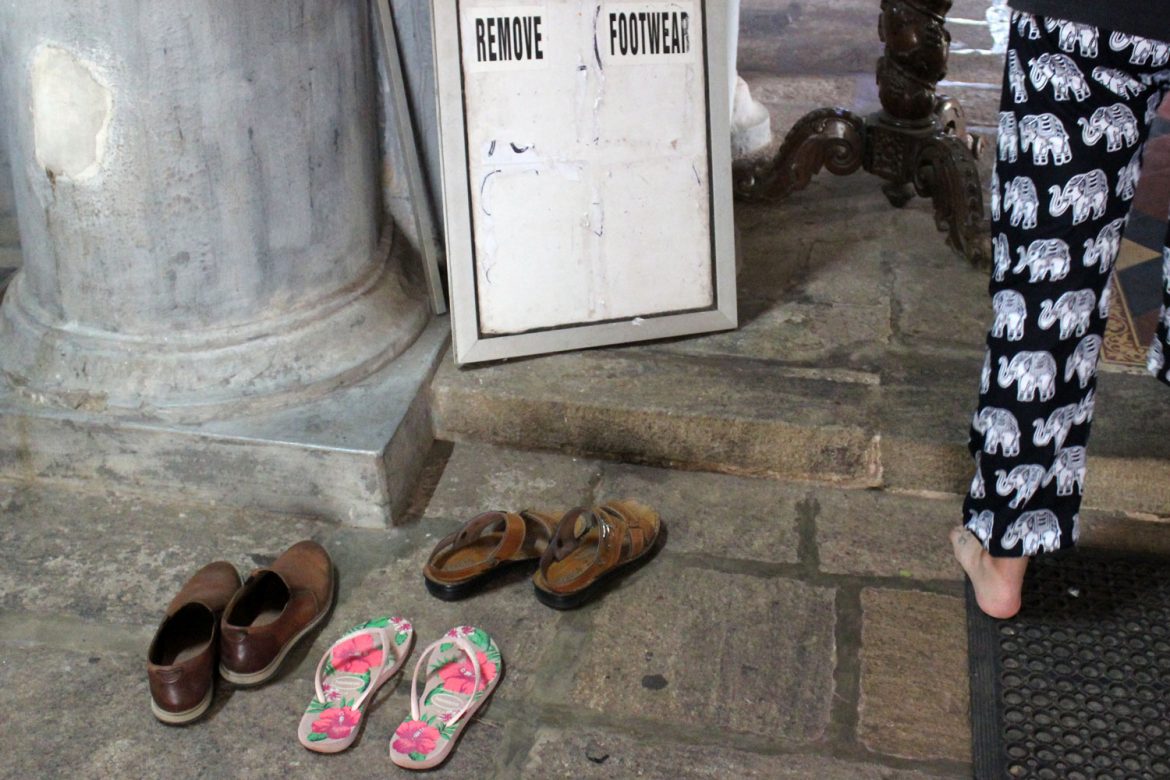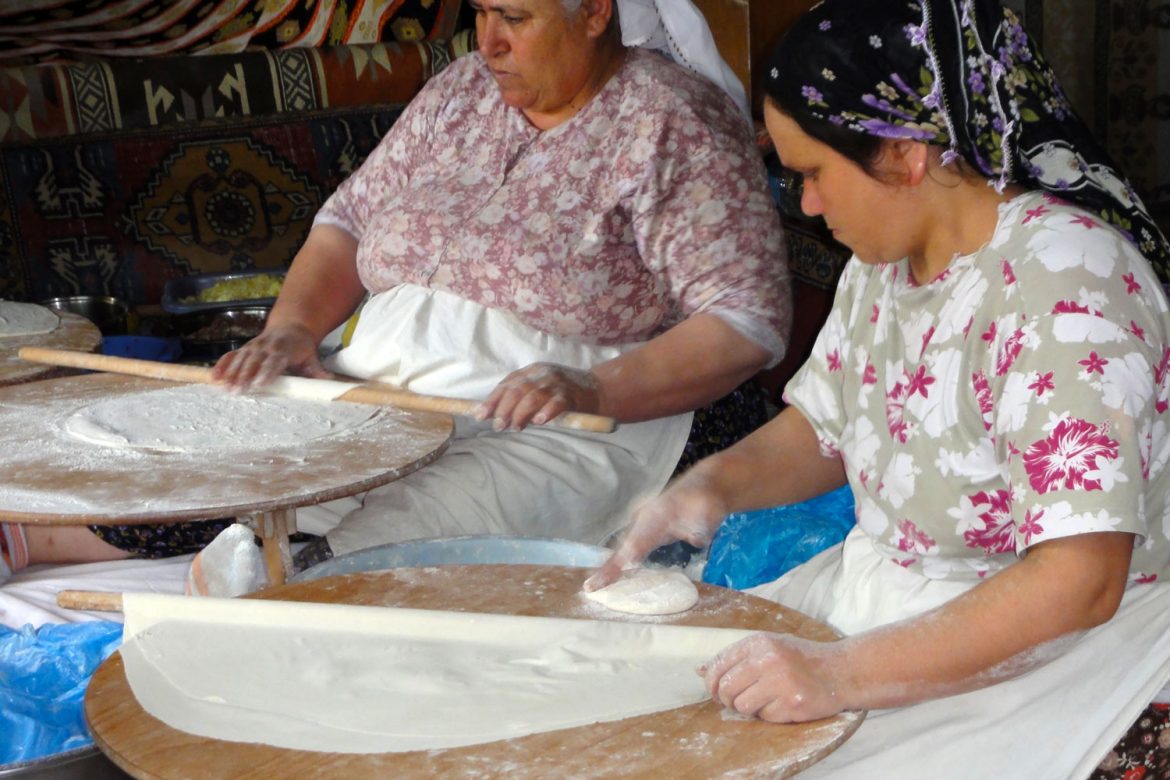Most travellers have experienced culture shock at one time or another. Culture shock can be described as the unsettling feelings experienced by a person when they are suddenly subjected to an unfamiliar culture, way of life, or set of attitudes. As travellers we find ourselves in new destinations experiencing new cultures which bring different situations than what we are used to at home in our daily lives. Sometimes these situations can be confronting and or simply nuances to daily routines. The situations are the exact things that make the world such an incredible place to explore, but sometimes these differences can take a little understanding and getting used to.
Use the following steps as a guide to help to reduce the negative impact of culture shock and ensure that you are practically prepared for experiencing new and different cultures.
1. Research
Understanding the destination and culture that you are visiting will make your planning and preparing much easier. Learning about a country’s past may give an insight to the behaviours and cultures. Read up on what is acceptable behaviour and how you can be respectful of cultural practices in the country you are visiting. For Australian travellers the governments Smartraveller website is very useful and also most countries have their own tourism websites that include useful information for visitors.
2. Be prepared
Like a boy scout you will be in the best position if you follow the long-standing motto ‘Be prepared’. Having items with your that can ensure that you can follow local practices will make it easier to adapt to a new culture. For example, a scarf or shawl may be required to cover your head and shoulders especially when visiting religious sites in many countries and having one in your day pack will make it easier to comply. Another tool which is really useful is a translation app on your phone or having a phrase book if you want to go old school it may assist you to understand instructions, menus or signs.
Every country has different food which for most travellers is part of the attraction but for some with dietary requirements or just fussy eaters it is not always that easy. Having your own supply of snacks may make it a little easier small ziplock bags or snack packs of snacks will keep you going if food you can eat is hard to find.
3. Take time to ease yourself into the new culture and surroundings
When things are different it is important to give yourself time to acclimatise and learn the new ways of doing things. Simple customs can take a little getting used to. For example, lining up in an orderly manner to board the metro in Japan, wearing modest clothing with shoulders and knees covered to visit temples in Thailand or covering your hair when visiting the mosques in Turkey. Adjustments to lifestyle can take a little getting used to so don’t try to do and learn everything at once.
4. Speak to those in the know
Be guided by local experts their expertise can be invaluable. This can be started pre-arrival by reaching out to your accommodation if you have pre-booked and asking questions in advance. There are numerous online forums which you can get specific information and ask questions. Flight attendants can be a useful source of knowledge as they visit destinations regularly and often are aware of current situations of changes in cultural practices. Taxi drivers can provide useful information particularly around distances and ways to get around. Hotel staff can provide useful on local tips not just around restaurants and sights to see but also on safety and customs.
5. Meet the locals
One of the best ways to learn and understand a culture is to talk to the locals – the people that live it every day. You may start this by taking a tour hosted by a local to give you some insight. Many destinations offer free or low-cost walking tours that are often led by local guides often students, teachers, historians and actors who are more than willing to share their insight into the local culture. Another way to meet people is through food at restaurants or markets you will often have the opportunity to engage with the staff as they serve people and you can ask questions and get some inside information on local culture. Just keep in mind to be respectful in asking questions.
What other tips to you have for dealing with cultures shock? We would love to hear from you. Please leave your tips in the comments or share them via our social media channels @possandruby


